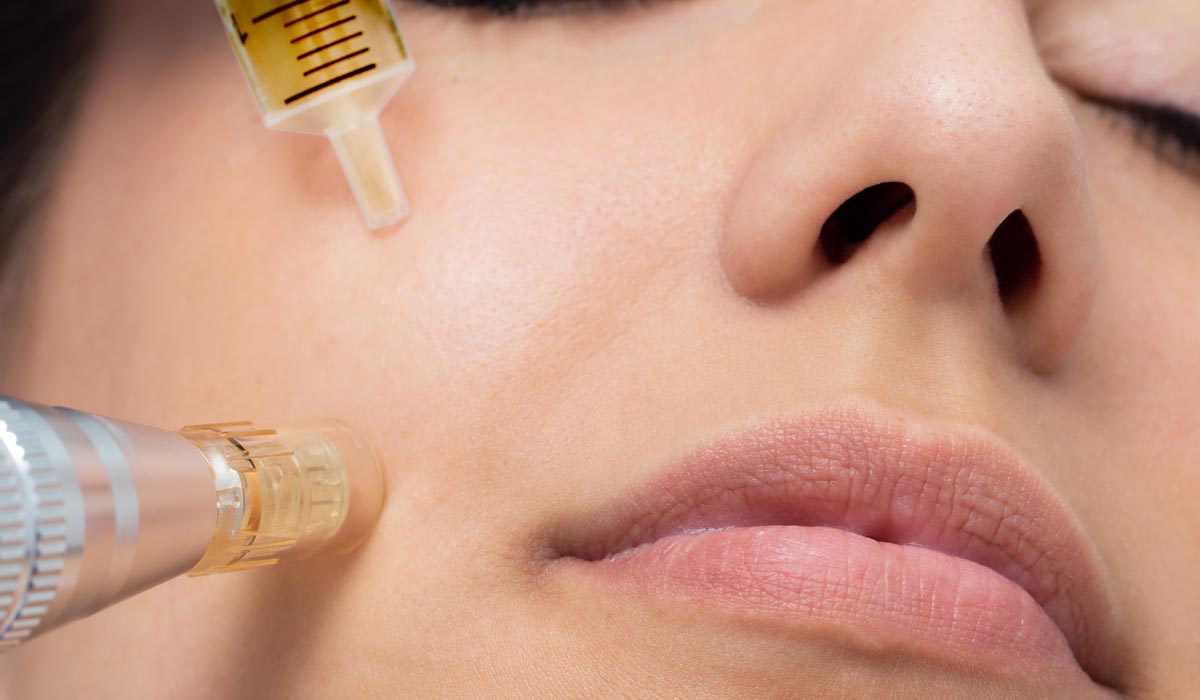✨Book online and enjoy a 5% discount on your first consultation
Home » Dental Services » Extractions (Non-Surgical)

Extractions (Non-Surgical)
Non-surgical tooth extractions are performed on the visible tooth. It is best to have a tooth extracted if it’s causing you discomfort, and there is no possibility of tooth preservation. The dentist can simply remove the troublesome tooth with a simple extraction, eliminating the need for major surgery.
Broadly there are two types of tooth extraction-
A simple extraction method is used to extract teeth that are visible and conveniently accessible. In contrast, a surgical removal process is considered when the affected teeth aren’t visible such as wisdom teeth.
Non-surgical extractions are painless and quick procedures that your dentist can do in the clinic. It takes very little time to recuperate from this procedure. Teeth that are hidden behind the gums cannot be removed using this method.
The dentist would use an elevator to gently remove the tooth from its gum after thoroughly numbing the affected area. He will next use forceps to extract the tooth after it has been sufficiently loosened. Many teeth may usually be removed with this procedure if necessary.
The dentist will advise you regarding what care to take upon having your tooth extracted. He will also guide you about what to eat and what not to for a few days.
Possible Causes
Cavities and tooth decay can arise because of several factors such as bacterial infections, frequent snacking, sipping sugary drinks, and poor oral care.
Risk Factors
Tooth extraction is associated with some risk factors that can be expected after the procedure. Some of them are pain, inflammation, bleeding, bruising, and infection.
Signs and Symptoms
Although there are a variety of reasons why you might need your teeth removed, your dentist may recommend it in the following circumstances:
Diagnosis
The dentist detects tooth decay by:
How can 7DMC help?
7DMC offers one of the finest non-surgical teeth extractions in Dubai. It is a painless procedure at our clinic, thanks to our highly experienced and knowledgeable dentists. We are mindful of the risks involved in the treatment, and therefore we use the latest equipment to do it. The procedure is meticulously performed to remove your impacted teeth safely.
All aspects are analyzed in advance, and solutions are tailored according to our patients’ requirements. We also make sure that our patients are confident and calm during the procedure.
After teeth are removed, gum bleeding is persistent. Biting an absorbent pad for 20 minutes can stop the bleeding.
At the time of recovery, a blood clot develops on the socket. It’s critical to keep the chunk safe and avoid it breaking. If it splits, your socket might dry, and that can cause discomfort, delay recovery, and develop unpleasant breath.
If the baby’s teeth do not fall out on their own, the dentist can recommend extraction to make space for permanent teeth.
Near Dubai Miracle Garden,
Diamond Business centre A,
1st Floor,
Arjan, AI Barsha,
Dubai.
WhatsApp us